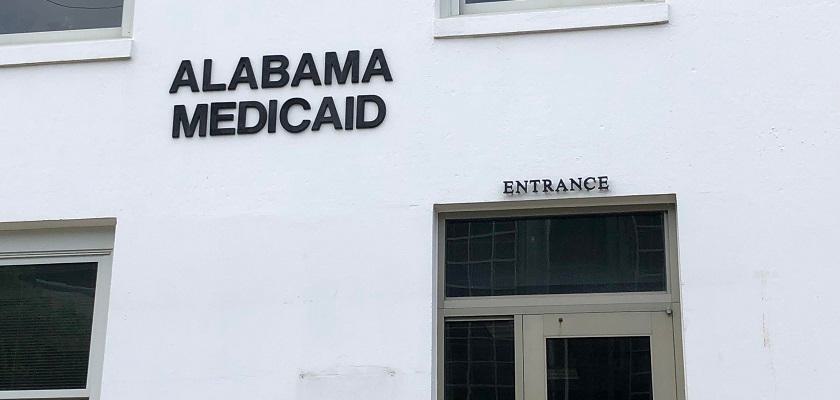“It’s crazy.”
That was State Sen. Arthur Orr’s (R-Decatur) statement last week on “The Yaffee Program” with regards to some Alabama hospitals and business organizations pushing to expand the state Medicaid program.
Orr laid out a variety of reasons that he opposes Medicaid expansion, making a compelling argument against it.
A recent report released by the Alabama Hospital Association shows that Alabama hospitals lost an estimated $1.5 billion since the beginning of the pandemic. Thus, there has been a renewed push to expand Medicaid and use some of the state’s remaining $1 billion in American Rescue Plan Act (ARPA) funds to bolster hospitals’ bottom lines.
Orr believes this is “political posturing,” saying that decisions about how remaining ARPA funds are spent are being made now, and this is an attempt by hospitals to get a piece of the pie. Alabama hospitals have already received approximately $148 million in allocated state CARES Act and ARPA funds, while health care providers have directly received over $745 million from the federal government’s Provider Relief Fund.
Orr also addressed the argument that the influx of federal Medicaid dollars that comes with expansion is somehow “free money.” State costs are projected to average approximately $225 million annually over the next six years and would likely grow in subsequent years. Orr believes “there’s just not a lot of appetite to take on that additional cost.”
Despite what some proponents of Medicaid expansion say, there would certainly be a cost to the State General Fund if the program is expanded. The common refrain from expansion advocates is that by putting more money into the state’s health care system, sales taxes will increase as will income taxes because more health care workers will be employed. It is a guess whether those new revenues would be realized or how large they might be.
What Medicaid expansion supporters fail to acknowledge is that any new sales or income tax revenues would not be credited to the State General Fund, which will bear the cost of expansion. Rather, they would go towards the state’s education budget. The gap created in the general fund by expanding Medicaid will eventually have to be filled.
Who will fill it? Most likely Alabama taxpayers.
“Health care chews up or gobbles up more discretionary money that’s out there, and somebody’s got to pay it,” Orr summarized the situation. “Well, who will be taxed to come up with another couple hundred million dollars to pay for this? Mom and pop, middle-class workers, et cetera.” In other words, government will not pay the price for Medicaid expansion, taxpayers will.
Growing more dependent on the federal government is another issue. The federal deficit was $1.4 trillion in 2022, over $4,200 in new debt for each Alabamian in one year alone. The cumulative national debt is $31.4 trillion. Federal Medicaid costs are projected to rise by more than a third over the next decade. By expanding Medicaid, Alabama’s state government would become more reliant on an already unsustainable federal budget.
“When’s the house going to fall in?” Orr asked. “We know it’s going to happen unless something changes, and nothing is wired up there to change anything.” Federal spending represents current and future tax dollars. We all pay the price for growing federal budgets.
Orr should be commended for his willingness to weigh in on the Medicaid expansion debate. As I have written before, this is not a question of wanting Alabamians to have access to high-quality health care. But it is also not as simple as the state expanding Medicaid and receiving hundreds of millions of dollars in “free money” from the federal government. The long-term ramifications to labor participation rates, taxes, the State General Fund budget, and other impacts must be thoroughly weighed and debated.
Justin Bogie serves as Fiscal and Budget Reporter for 1819 News. The views and opinions expressed here are those of the author and do not necessarily reflect the policy or position of 1819 News. To comment, please send an email with your name and contact information to: Commentary@1819News.com.










